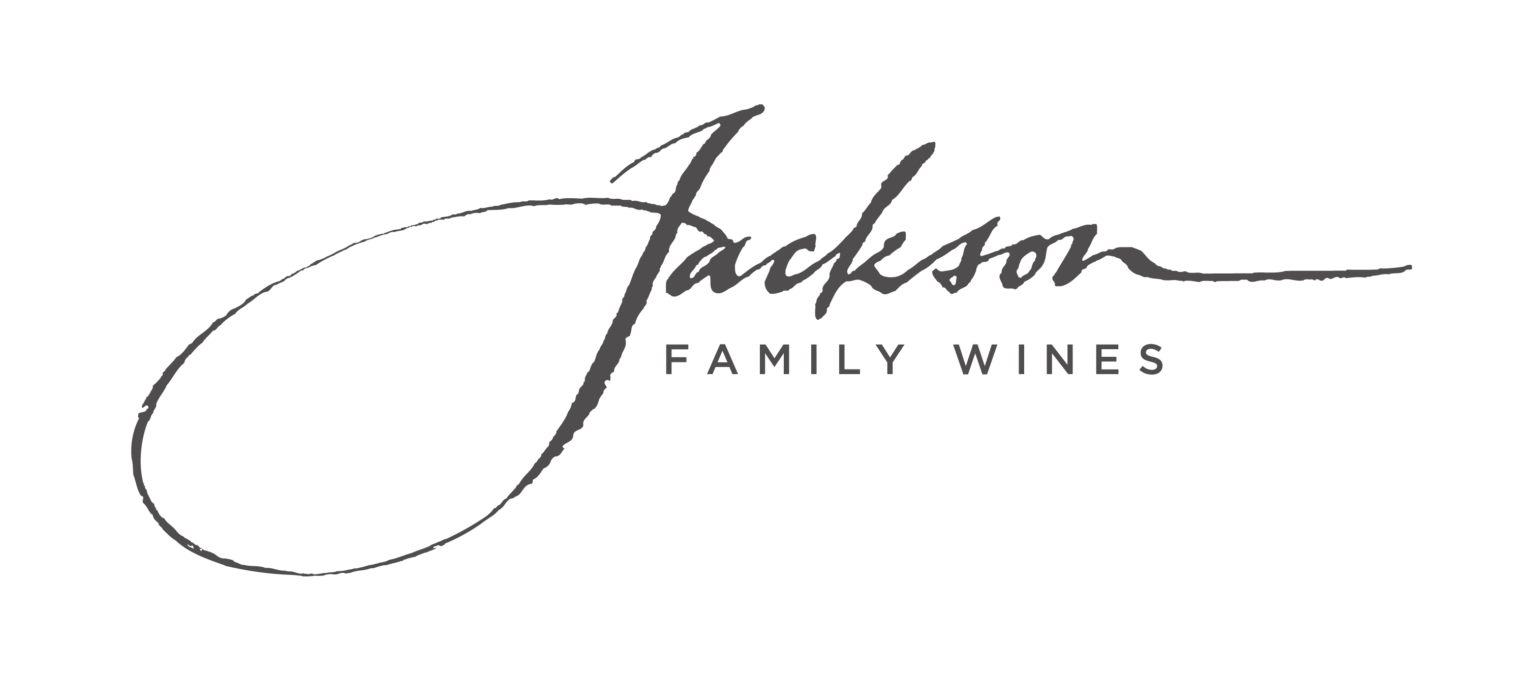When you purchase a homeowners insurance policy, you expect it to give you a broad range of protection. Your home is the biggest investment you will ever make, but does that policy cover mold growth and damage? Review these tips to learn how your homeowners policy works, how to handle the problem, and when mold is covered.
What Causes Mold in Your House?
Mold growth inside your home is a serious problem that can occur for a variety of reasons. Generally, mold starts growing in your house because:
- You have a visible water leak
- You have a hidden water leak
- Mold was present in the house when you moved in
- Condensation from the HVAC system allows mold to grow
- Bathrooms are not vented properly
- Your kitchen has lingering moisture
While you might have pinpointed the problem, you should speak to a professional about mold remediation. Moreover, you should not wait for the problem to go away. Mold growth can get out of control very quickly.
Homeowners are also advised to have older homes inspected for mold growth, black mold, or other dangerous organisms that might be hiding behind the walls, in the attic, basement, or crawl space.
Why is Mold Not Covered Under Your Homeowners Policy?
Did you know that language in the insurance industry changed in the late 90s and early 2000s? This subtle change either limited or eliminated mold coverage after a massive increase in mold damage that came along with water damage claims.
Yes, mold could start growing after a flood or water damage is not managed properly. Insurance carriers, however, feel that they should not be made to pay for shoddy repair work or issues that should have been handled with an initial water damage claim.
Your home insurance carrier, then, will likely deny a claim if it comes as a result of:
- Wear and tear
- Longstanding leaks that were never repaired
- Water damage from construction
- Poor repair work
Because every state and insurance carrier is different, review your coverage with an agent. You can get an idea of what is covered, how much coverage you have, and the services that might be provided.
When is Mold Covered by Homeowners Insurance?
So, when is mold covered by your homeowners insurance policy? Mold is covered when:
- It occurs due to a problem that is clearly covered by your policy
- When mold is uncovered and tied to a current claim
Homeowners insurance mold coverage will feature specific language about what is covered. For example, your insurer might cover “mold remediation expenses,” and you should ask your agent what exactly that means. In the best cases, mold remediation expenses include:
- Indoor air quality remediation and testing
- Creating a mold remediation plan and implementing that plan
- Containing the mold
- Removing and disposing of the mold
If your current homeowners insurance mold coverage doesn’t feel adequate enough, ask your agent for assistance in writing a new policy or adding coverage. If you feel your current carrier does not offer the coverage you need, speak to your agent about changing carriers and uncovering better mold insurance options.
Contact Us for Help With Your Homeowners Insurance Policy
If you’re looking for an insurer that’ll walk you through the claim process, speak to a member of our team about your home insurance options. Call us or contact us online to get a quote and learn more about a new homeowners policy.

